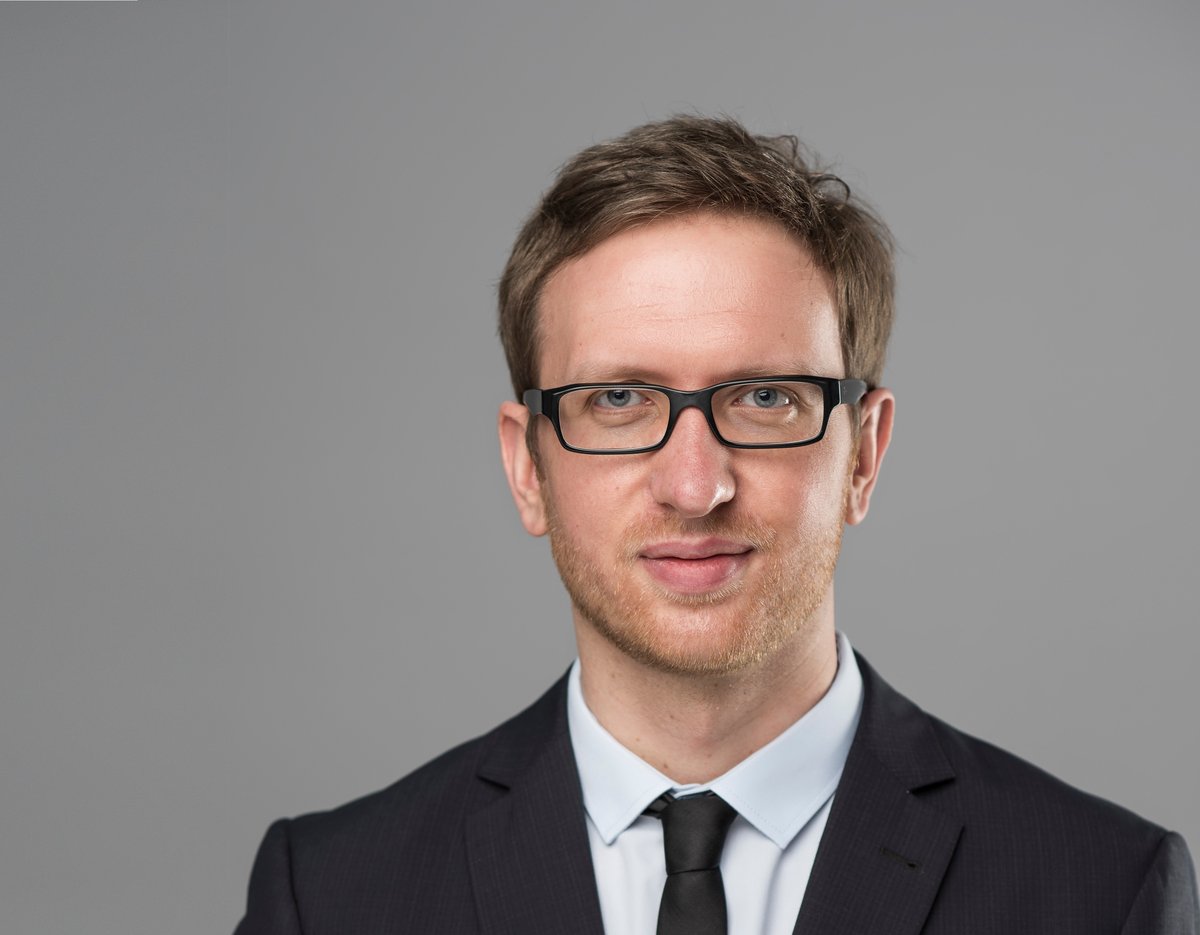Interview with BTU Alumnus Raik Meckert (Betriebswirtschaftslehre)
Hi Raik, you studied business administration with a focus on innovation management and digitalization. How did that come about and what subjects and skills in particular help you in your job now?
My increased interest in innovations, especially in the technical field, only crystallized at the beginning of my master's degree. This affinity, especially in the area of information and communication technologies, has been present since childhood. However, since I never saw myself as a direct technician, the BTU with its business administration master's degree and the various modules for specialization offered enough scope to enable development in the cross-sectional area of business administration, innovations and IT/digitalization. In my first job as a project manager and leader in software development, subjects such as "Information Systems in Companies", "Human-Machine Communication" or "ERP" were particularly helpful, in addition to the classic project management modules. On the basis of my master thesis I deepened this specialization once again. In my current position as a project manager in the field of corporate development, however, classic business administration skills such as financing or general business administration are also increasingly required. In the course of my studies, I also sharpen my communication skills, which is a key competence not only for project managers and funding consultants.
You are a project manager in the field of innovation and digitization at Wirtschaftsregion Lausitz GmbH. What is Wirtschaftsregion Lausitz GmbH and what exactly are your tasks there?
Wirtschaftsregion Lausitz GmbH (WRL) is the state structural development company for the Brandenburg part of Lusatia. The state of Brandenburg is the majority shareholder, along with the Lusatian districts. In the course of the lignite phase-out and the energy turnaround, 3.6 billion euros can be allocated for municipal development projects in Lusatia by 2038. In this context, the WRL is tasked with organizing and managing the allocation of subsidies. In this context, I am working in another funding program supervised by the WRL called "Unternehmen Revier". The special feature of this funding program is that Lusatian companies are directly and immediately eligible for funding. As project manager, I organize project competitions through which companies can submit sketches of their project ideas. In the further course, the project ideas are evaluated and qualified. With my academic background, my focus here is specifically on projects in the field of digitalization and IT. Since project financing also plays a central role in project evaluation and qualification, my business administration studies provide a very good foundation.
Due to the structural change, a lot is happening in the region right now and there are many jobs advertised everywhere. What would you say to people who might still be hesitant about coming here to live and work? What makes the region so special for you?
As a native of Cottbus who still lives and works here, I can't answer this question with complete impartiality. Furthermore, I also understand people who initially struggle with the idea of relocating their center of life to Lusatia. However, since I am close to the structural change due to my job, I think that Lusatia and also Cottbus in particular will get very promising opportunities, which will not only improve the job prospects but also the life here in the region even more. Apart from that, Lusatia is very green, familiar and also offers a lot of interesting history.
You already gained practical work experience during your studies, how important do you think such internships are and what would you advise students to do when choosing one?
In my opinion, internships are an essential part of your studies, not only to find out what you might like, but also what you might not like so much. During my master's studies, I completed an internship at the branch of a major bank. This showed that I was more interested in the various programs and software tools for customer analysis, for example, than in the actual banking business. This in turn strengthened me in my choice of modules during my studies and also in my later career choice.
What do you remember most fondly when you think back to your studies?
I have many fond memories of my studies at the BTU. My studies also represent a very central and important period of my life, which is also personally very different from today's life with family and work. However, one of the first thoughts that come to my mind are the midweek university parties as well as the festivals like the "Laut gegen Nazis" (Loud Against Nazis) or the BTU Summer Festival. Two events that I still enjoy attending today.

